“I’m a 52-year-old woman going through the menopause. I have a loving partner but I’m really struggling with my libido. And seeing all the promotional material about ‘the month of love’ and Valentine’s Day isn’t helping! Sex is also uncomfortable. Is there anything I can change or add to my diet that might help?”
Clinical Nutritionist, Suzie Sawyer, answers:
Unfortunately, this is a common problem for women going through the menopause and it does become more front facing at this time of year.
However, there are some dietary changes that you can make, which will help.
Naturally occurring phytoestrogens
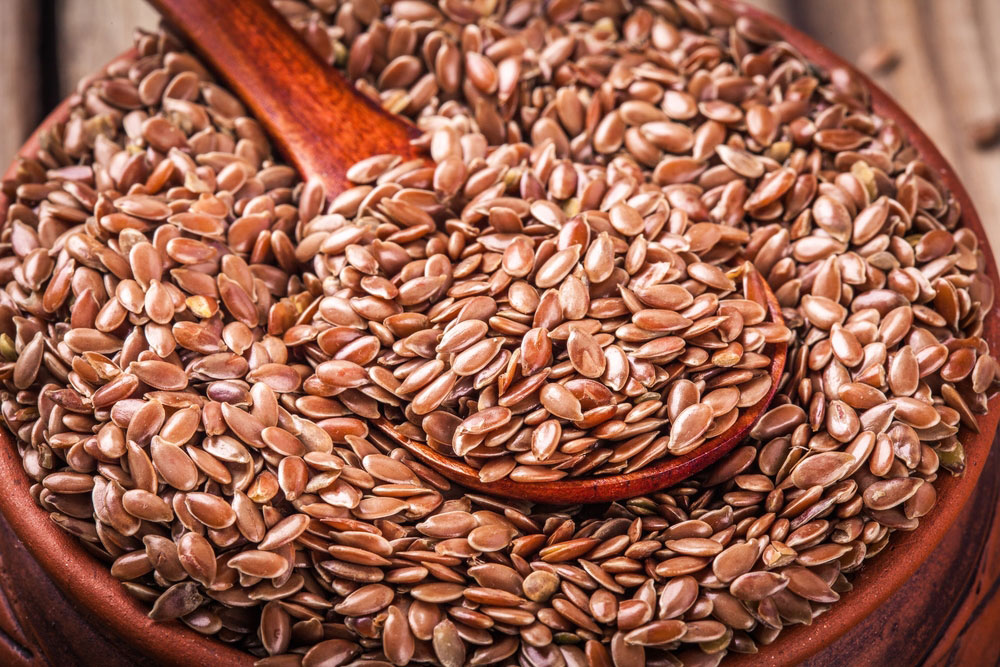
You can utilise the power of nature with foods containing ‘natural oestrogen’. Certain foods are called phytoestrogens because they contain isoflavones that have a chemical structure similar to oestrogen, so you can safely and gently trick the body into thinking it has oestrogen. Great foods to include are flaxseeds, edamame beans, soy produce and all beans and lentils. Try to include at least one of these in your diet every day.
Avocados
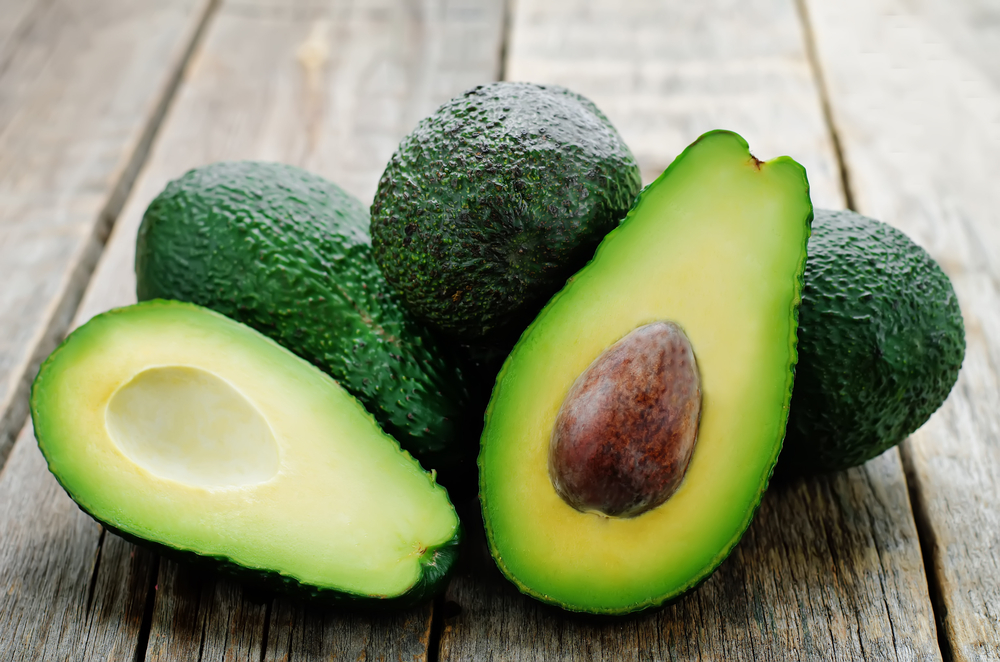
The word avocado comes from the Aztec word āhuacatl, which means ’testicle’, but this seems to be not only because of their shape; the Aztecs also realised they could boost libido! Avocados are high in the mineral zinc known to be essential for fertility and reproduction, but also vitamin E which helps blood flow generally around the body. How about trying some smashed avocado on sourdough toast for breakfast?
Oysters

Another top food to include is oysters. I realise they’re not for everyone, but hopefully you can enjoy them. As you’re probably aware, oysters are often referred to as aphrodisiacs. Just like avocados, they contain high levels of zinc (oysters are one of the richest food sources). Zinc also boosts testosterone levels, and, just like men, women have this hormone too (although in much lesser amounts) and it’s also needed for our libido.
Omega 3 fats
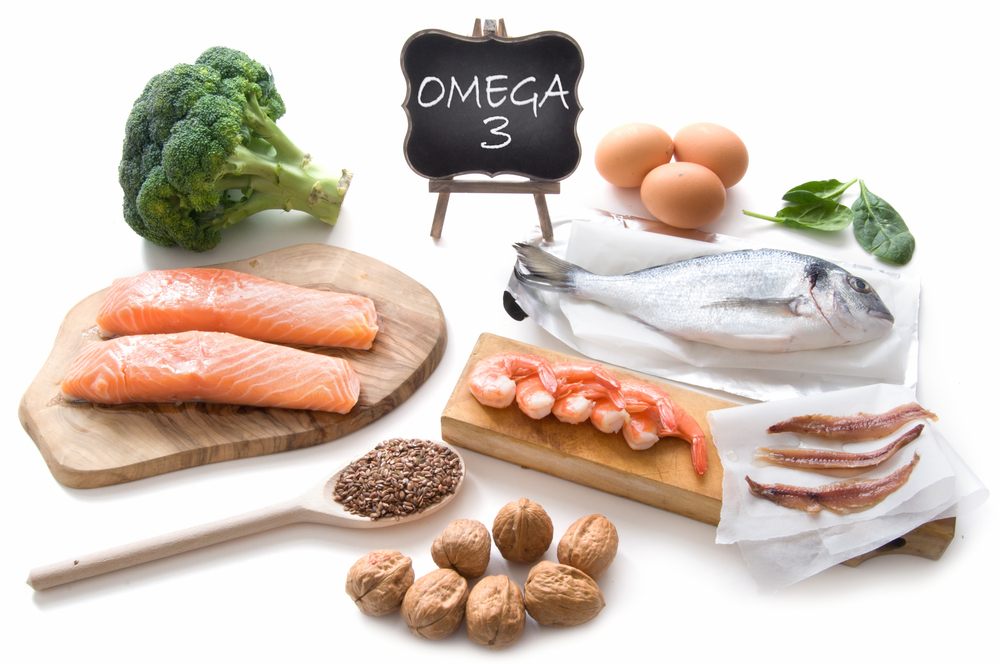
The essential omega-3 fats are termed ‘essential’ because the body can’t make them, and they’re needed for hormone balance, which influences libido. Omega-3s are rich in oily fish including salmon, mackerel and sardines. If fish isn’t your bag, then flaxseeds are also great sources (another reason to include them daily in the diet).
Watermelon
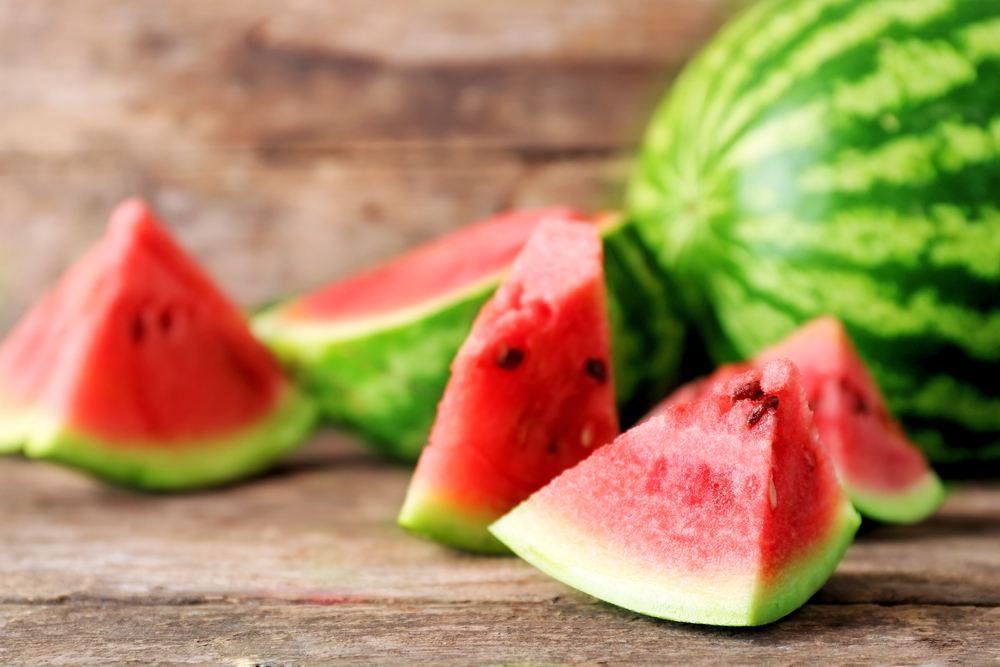
Although it’s winter, it’s still possible to find watermelon in the supermarkets. Interestingly, watermelon contains an amino acid called citrulline. Very cleverly, the body turns this into nitric oxide which encourages blood flow around the body, especially to the sex organs. Indeed, citrulline is often used in supplements to help boost libido, for this reason.
Hormone balance
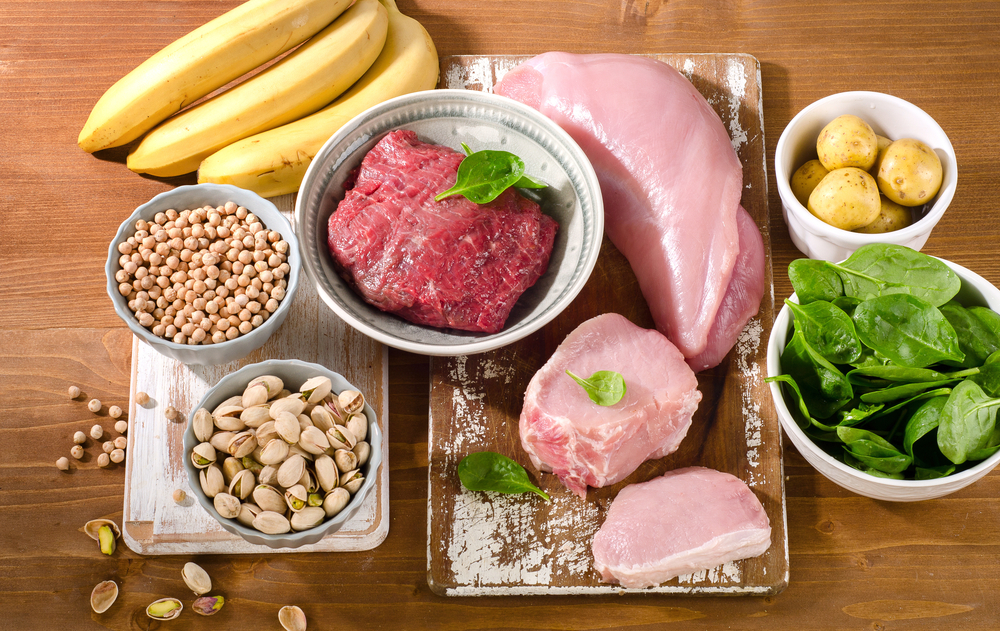
Lastly, it’s important to keep hormones in balance generally, especially during the menopause. Caffeine can be particularly disruptive during this time as we become more sensitive to it and the hormonal fluctuations it drives. Additionally, the body needs a wide range of nutrients daily, including vitamin B6, essential for hormone balance. Vitamin B6 can be found in salmon, tuna, chickpeas and some fruits and vegetables including dark leafy greens and bananas.
Also make sure your food is as close to its natural state as possible. This helps to improve overall nutritional status, which in turn helps balance hormones, increases energy and hopefully improves sex drive.

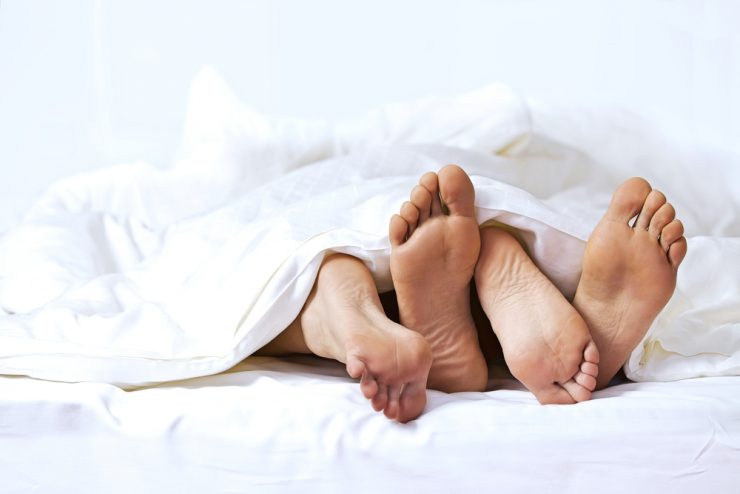












Add comment